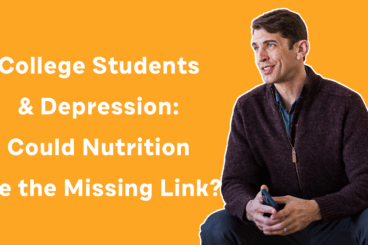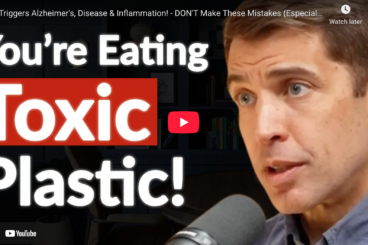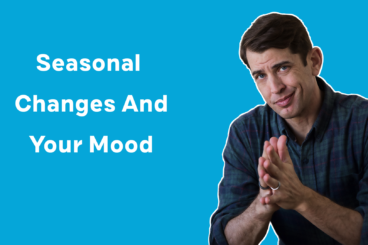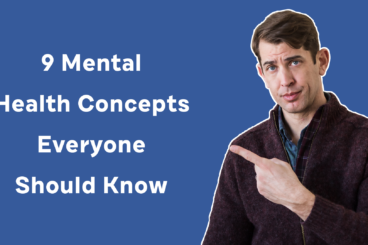The holiday season is filled with celebrations, parties and lots of opportunity for festivities and oftentimes that means a lot of alcohol. And while we know that alcohol can affect our mood and leave us depressed or hungover and affect our anxiety, it’s important to just remind ourselves that alcohol has significant impacts on your mental health. If you’re struggling with depression or anxiety, which we know so many people are these days, the holiday season presents a lot of opportunities because there is a lot of emotion to be processed and there’s also a lot of opportunity for drinking alcohol. Oftentimes those two things don’t go together so well.
Here are some of the tips that we in our clinic give people as they’re thinking about alcohol going into the holidays. These are helpful whether you just want to cut back and engage in drinking less and be more mindful or if you want to try and not drink this holiday.
Harm Reduction
Overall harm reduction is important. The idea is that you take an accounting of what you are struggling with or concerned about in your own alcohol consumption. It doesn’t mean that you have to have “alcohol problem” or alcohol use disorder, but harm reduction is really thinking about where alcohol has caused problems.
Let’s say you had a few too many and ended up saying some nasty things at the holiday party or you got a little too loose or flirty when you drink too much and the holiday work party didn’t go so well for you last year. These moments where maybe you’re embarrassed or guilty or thinking alcohol really didn’t help you achieve your goals…those are things really to pay attention to. Instead of avoiding, I would lean into those and think about how can construct a plan this year to really have alcohol enhance your holidays and not cause you problems. We call this harm reduction.
Try less concentrated sources
Now there are a lot of different ways to do this. The first that’s most straightforward is thinking about less concentrated sources. So instead of starting out with a couple of hard alcohol cocktails, start with something that is much lower in alcohol content, like an Aperol Spritz, a glass of wine or a lower alcoholic beer. So limiting the quantity of alcohol and by switching to lower alcohol beverages, you automatically are helping reduce the amount of alcohol that you consume.
The next step that I recommend is to space your drinks out and make sure that you’re not drinking because you’re thirsty. So start an event with a nice big glass of water or seltzer and then in between alcoholic beverages have something that’s non-alcoholic.
If you’re trying not to drink, think about the triggers. Also go in well fed and nourished so you don’t show up thirsty and hungry and then also potentially emotionally triggered.
Replacements
If you’re not drinking you’ll want to think about replacements. When we drink it’s not just about the buzz from the alcohol; we also want to celebrate and raise a glass. We want to have some fun and also we get that oral sensation, the buzzes, the fizz, the little bit of ginger on our tongue. You can certainly replace alcohol with a variety of fun drinks, whether it be mocktails, low alcohol or non-alcoholic kombucha, interesting juices, seltzers or hot waters. There is a lot of innovation in the space of non-alcoholic beverages. So making sure that you have a variety of these to explore if you’re trying not to drink or cutting down on alcohol this holiday season, is an important step.
Also, if you’re hosting events and have people attending who you know are struggling with their mental health or are trying not to drink, having a variety of options for them and being aware of that is so helpful.
Tools to stop drinking
Now, if these don’t work for you and you’re having a more significant problem, the holidays might also signal to you a real moment to reflect that you may be struggling with alcohol use disorder. We’ve changed the terminology from alcoholism or addiction to alcohol use disorder, to really try and destigmatize it. Alcohol is a very addictive habit forming substance and so it’s very easy to become somewhat dependable, even physiologically. Even if you’re just having a few drinks a day, your body gets dependent on alcohol. When you pull it off, naturally people begin to get a little bit more irritable, agitated and anxious. So if you’re struggling with cutting back or stopping, or you’re seeing a lot of negative consequences of alcohol in your life, maybe it’s a signal to you to think about how you can construct a plan.
There are all kinds of tools for decreasing alcohol consumption and stopping alcohol consumption. There are anti-craving tools like Naltrexone, a medication I’ve had a lot of success with in my practice, which help people decrease the use of substances. There’s Antabuse, which individuals can take before a party so you actually can’t drink. If you drink alcohol while taking it, you throw up. Psychotherapy can also help individuals spot triggers and feel support and partnership from mental health professionals to decrease alcohol consumption.
I hope these tips are helpful and encourage you to think about your alcohol use and how it affects your mental health. Please have a great and festive holiday season. However you decide to engage with alcohol this season, I hope it makes your season bright and merry.



